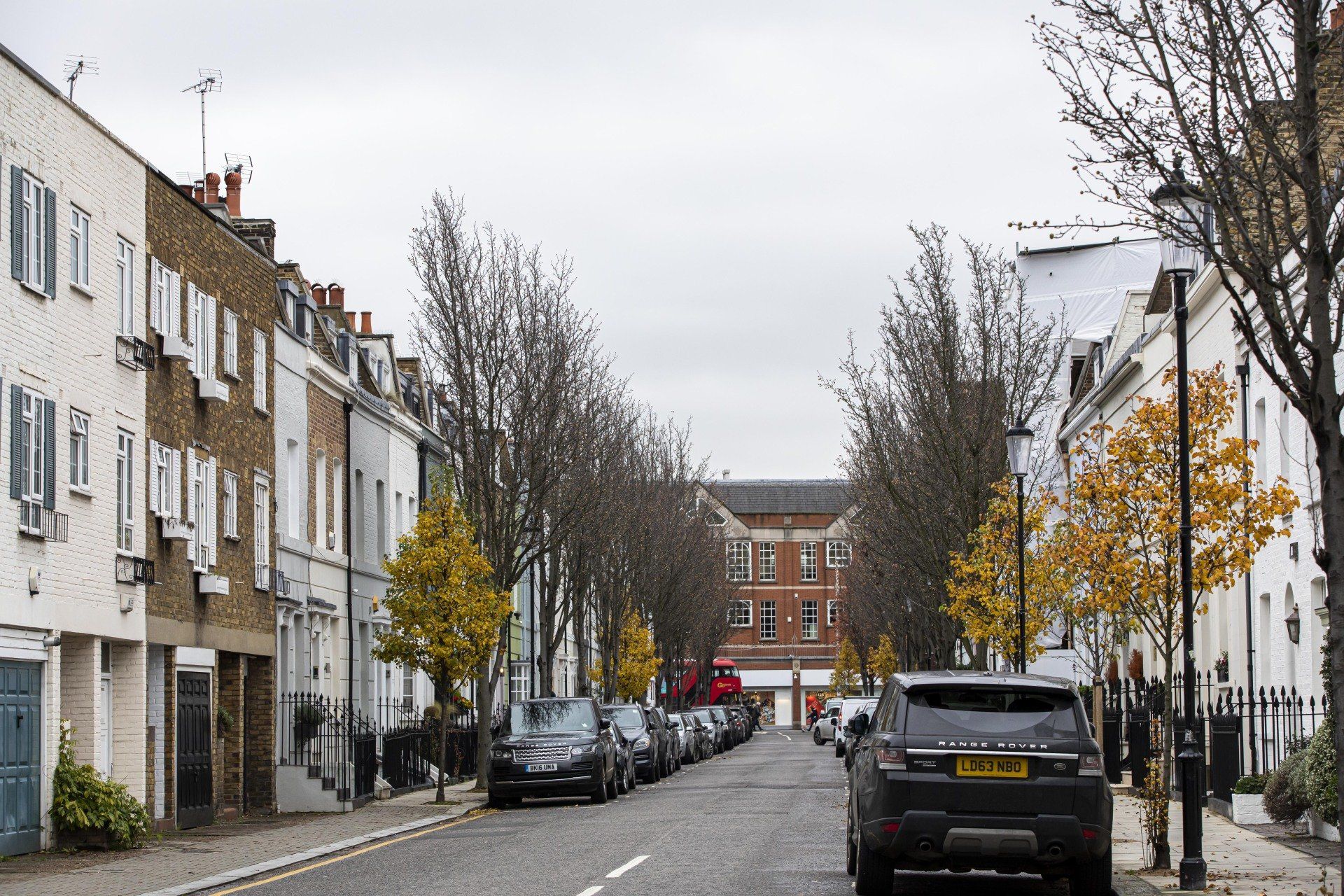Navigating the mortgage market in 2023
Jonathan Harris • 17 January 2023
January has got off to a positive start for the mortgage market. While the trend in base rate continues to be upwards, with a further interest rate increase expected at February’s Monetary Policy Committee meeting, fixed-rate mortgage pricing continues to edge downwards.
Several lenders have been cutting their fixed-rate mortgages in recent weeks after rates soared on the back of the ill-fated mini-Budget in late September. While sub-1 per cent five-year fixed rates are long gone, it is now possible to fix for five years at just over 4 per cent, with expectations that rates could edge down further in coming weeks.
Those coming up to remortgage should plan ahead. Seek advice from a whole-of-market broker such as Forensic Property Finance, who can search the market on your behalf and recommend the best deal for your particular circumstances. Products can be booked up to six months before you need them, depending on the lender, so it’s worth checking when your current deal comes to an end and planning accordingly. If you reserve a rate only to find that there are cheaper deals available when you come to move onto your new mortgage, you are not obliged to stick with the product you secured – you can move onto one of the cheaper deals.
Some borrowers are also considering variable-rate mortgages, such as base-rate trackers with no early redemption charges. The idea is that they then switch to a fixed rate if pricing comes down further. This can be a good strategy for those who can afford fluctuations in their mortgage payments but those who are on tighter budgets may wish to opt for the certainty of a fixed rate regardless. Forensic Property Finance can advise as to the best course of action.
Get in touch
for more information.

As the dust continues to settle in the aftermath of Rachel Reeves’ first Budget, there are a few changes that will impact buyers, borrowers, homeowners and investors. Stamp duty The biggest shock for the housing market, as it was not trailed beforehand, was a surprise 2 per cent increase in the stamp duty surcharge on second homes. The Chancellor announced that those buying a second home or investment property would see an increase in the stamp duty surcharge from 3 to 5 per cent from 31 October. This sent a flurry of landlords and investors rushing to transact before the midnight deadline, attempting to save themselves tens of thousands of pounds in tax. Going forward, landlords will need to budget for the higher entry cost and build this into their business model. Most landlords run their property portfolio as a business, and this is unlikely to put them off investing in property or running for the exit and selling up, but it may deter first-time landlords and investors. Those buying a second home will also need to account for the extra tax that will need to be paid. There had been hopes that Reeves might extend the stamp duty concessions which are due to expire in March 2025, but she did very little to obviously benefit first-time buyers. Buyers of homes worth less than £250,000 don’t pay stamp duty, while first-time buyers currently don’t pay stamp duty on properties worth less than £425,000 – after March 2025, this will reduce to £300,000. Capital gains tax Pre-Budget, there was a nasty rumour circulating that the Chancellor was planning to hike capital gains tax (CGT) on the profit made from the sale of second homes and buy-to-let properties so that it would be on a level footing with income tax. However, in the end this came to nothing, with Reeves holding CGT at 18 and 24 per cent for basic- and higher-rate taxpayers respectively. Inheritance tax changes Reeves also unveiled reform of Agricultural Property Relief and Business Property Relief with the first £1m of combined business and agricultural assets continuing to be inheritance tax free. But for assets worth more than £1m, inheritance tax will apply with 50 per cent relief (at an effective rate of 20 per cent). The proposed changes are subject to a consultation period next year with any changes unlikely to come in before April 2026. The National Farmers Union is organising a protest against the measures in London on 19 November and it is likely that there will be a lot of to-ing and fro-ing before any changes are introduced. Interest rate cuts? There are concerns that higher government borrowing and the increase to employer national insurance contributions will fuel inflation, as this will be passed on to the customer via higher costs. This comes at a time when inflation seemed to be finally under control, with the Bank of England reducing base rate from 5.25 to 5 per cent in August, and the markets expecting further rate reductions, perhaps at the November and December meetings. Swap rates have risen since the Budget amid concerns that the trajectory of interest rate reductions could potentially slow, which is not welcome news for borrowers. A number of lenders have pulled rates and repriced upwards this week; time will tell whether this is a blip, as the markets still expect base rate to come down further, even if it takes a little longer than previously forecast. Get in touch Borrowers who are coming up to remortgage or taking out a new mortgage should plan ahead as much as possible. Rates can be secured several months in advance, so it is worth speaking to a whole-of-market broker as to the best course of action. If you secure a rate now, and rates fall by the time you are ready to take the mortgage out, you should be able to move onto a lower rate at that time.

The Bank of England has held base rate at 5.25 per cent for the fifth consecutive meeting. The decision was widely expected as it looks as though efforts to bring inflation under control are working, with expectations growing that a base rate cut will come in the next few months. The Monetary Policy Committee voted by a majority of eight to one to maintain Bank Rate at 5.25 per cent, with one member voting for a reduction in rates to 5 per cent. Swap rates have fallen in the past few days on the back of lower inflation figures and if this trend continues, we could see lenders reduce their mortgage pricing. Even if this is the case, mortgage rates will still be higher than the rock-bottom deals borrowers have grown used to. Those remortgaging this year will be moving onto higher rates although they will be lower than would have been the case a few months ago. Whether you are remortgaging or moving house this year, it’s important to plan ahead and speak to a whole-of-market broker about the mortgage options available to you. Nobody has a crystal ball and can safely predict what will happen with rates but a rate can be secured several months before needed, giving peace of mind, and borrowers can move onto a lower-priced product when they take out the mortgage should rates have fallen by then. Get in touch for more information.

The Bank of England held base rate at 5.25 per cent for the third consecutive meeting. The decision was widely expected by the markets as it looks as though efforts to bring inflation under control are working, while there are also fears that the UK economy is in danger of falling into recession following weak GDP figures. The Monetary Policy Committee voted by a majority of six to three to maintain Bank Rate at 5.25 per cent, with three members preferring a 0.25 percentage points increase to 5.5 per cent. Lenders have been reducing their mortgage pricing in recent weeks and we expect this trend to continue into the new year. After a disappointing year for lenders, they will be keen to do more lending in 2024. While mortgage rates continue to move in the right direction, pricing remains significantly higher than the rock-bottom deals borrowers have grown used to. Those coming up to remortgage or take out a mortgage should plan ahead and speak to a whole-of-market broker. Rates can be booked up to six months before needed, giving you peace of mind, plus you can always choose another lower-priced product when you come to take out the mortgage should rates have fallen in the meantime.

The rise in rates has meant one Mail Online reader fears their payments will increase by £1,000 when they come to remortgage in December. Jonathan Harris, managing director of Forensic Property Finance, says : 'The base rate has risen over the past 18 months as the Bank of England battles to get inflation in check, pushing up the pricing of variable-rate mortgages. Swap rates, which underpin the pricing of fixed-rate mortgages, have also risen significantly, making fixes more expensive. We all have to get used to paying more for our mortgages as the era of rock-bottom rates is in the past... but there are steps you can take if you are worried.' Read the full article here .

Mortgage deals head even lower as HSBC launches loan with rate of just 0.94 per cent (This is Money)
HSBC has launched a market-beating two-year fixed-rate mortgage pegged at 0.94 per cent for those with a 40 per cent deposit.





